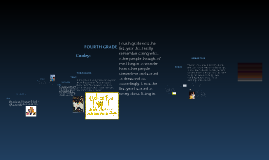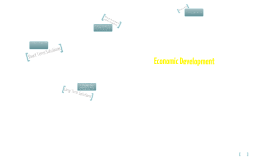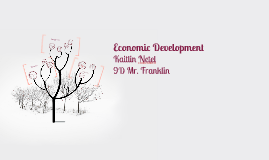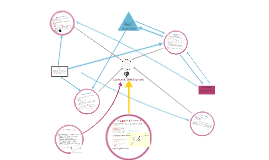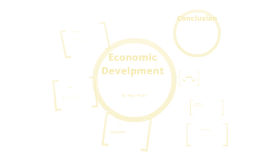Economic Development
Transcript: Sound Economic Management Sound economic Management is what any good government needs, therefore if we were to look into the future, as far as the 2022 World Cup, we need to be reassured that the hosts had a secure, stable and reliable future for their economy. Qatar has the vision for its future in 2030, and they have bid and won the hosting opportunity for the 2022 World Cup. They state that, “Reasonable and sustained rates of economic growth that secure a high standard of living for this generation and for future generations.Financial and economic stability characterized by low inflation rates, sound financial policy and a secure and efficient financial system,” If they were to follow these rules, then in the future for 2030, Qatar would be looking at a stable, developed and well known country. Not only does its Natural Gases reserves give it a head start in the financial race with other countries, but its plan for the future, with keeping a low and sensible inflation rate, makes it a country more in power, and less likely to be affected with any ‘credit crunch’. Although, the changes in the goal would have to take into account that a major part of their time would be taken up by focusing on the 2022 preparations, for example, parts of the goal, such as constant low inflation rates could not be constantly monitered as time and money would need to be put into the preparations. Responsible Exploitation of Oil and Gas Suitable Economic Diversification How do you think Qatar would have altered its Qatar 2030 plan to take into consideration the holding of the World Cup in 2022? After reading the goals for 2030, I find that in order to hold and accommodate the 2022 World Cup, some things in the goals would have to be altered. Time and money goes into the planning of events, and as the Bid for this was so important to Qatar and its people, it would be no surprise that they would want it to be a great success. Therefore, plans and goals for 2030 would be cut down, altered or completely removed, but the ideal situation would be to either alter or cut down the demands for 2030. For example, things like that did not affect the people immediately could be postponed, and the goals concerning the environment (not only Qatar’s goal but a step for the World) could be the focus for the 2030 goal completions. Many things concern Qatar and it’s goals for the future, but a lot must be taken into account before planning out the order of completion, therefore due to the fact the World Cup is closer in arrival than 2030, it would be thought that the alterations made would be for the benefit of the 2022 games. Arshia Jain Humanities 8C Economic Development With Qatar having such high reserves with Oil and Gas, it puts them in a state of financial security. In the future, when it comes around to actually hosting the World Cup, Qatar, with its fast growing infrastructure and economic visions, would we well organized and sorted. They not only visualize a fast growing economy, country etc, but a clean environment. The basics are to have a Gas Industry that provides a major source of clean energy for Qatar and the World, plus; the long term maintenance of strategic reserves of oil and gas to meet the needs of national security and sustainable development. With all the resources Qatar has at the moment and the fact, that they have not set out completely unreachable goals, I think that by 2030 and the 2022 World Cup, Qatar would not only be completing their goals but setting new ones. Most personal goals can take up ones time, but when dealing with the future goals of a whole country, you try your best to complete them, but a lot of time is taken up. Looking at the ‘Suitable Economic Diversification’ section of the Economic Development Qatar for 2030, I find that it would not only be tricky to complete in the given time but it might also collide with the completion of other goals. I find that, ‘A knowledge-based economy characterized by innovation; entrepreneurship; excellence in education; a world-class infrastructural backbone; the efficient delivery of public services; and transparent and accountable government’, is not only asking to much of its people in a short amount of time, but it is a very broad goal. With the 2022 World Cup coming up, and the preparations for the stadiums, accommodations, housing, tourist attractions etc, Qatar and its government would have a lot to think about, and that by the time 2030 arrives, Qatar would be well on its way to complete this goal, but not finished. Key Points: •This is all about having a secure and sustained rate of economic growth, which will be maintained for the future and the future generations. •A stimulating business climate capable of attracting foreign funds and technologies and of encouraging national investments •Open and flexible economic structures capable of competing in a changing world •Coordination with Gulf Cooperation Council states and with Arab and regional economic






